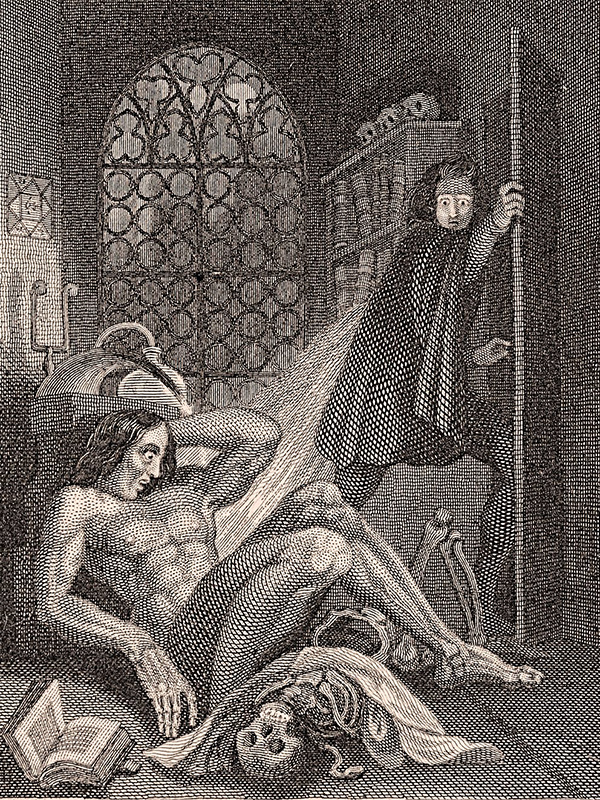Creature comforts
By James Oliver | China Daily | Updated: 2018-12-22 11:09

The creature, whose voice takes up a considerable part of the novel, as well as a third narrator, Walton, allow us to see a perspective denied us by Victor Frankenstein's version of events, which the scientist never acknowledges: that he was at fault because he didn't provide his creation with love or an education.
In this way, Mary Shelley created something intensely special. Not once in the more-than-200-page work does she refer to the creature as a "monster"; that moniker has come from the media's subsequent portrayals of the subject.
Rather, in the author's hands, the creature's suffering is recounted in palpable, poignant detail and she asks the reader to sympathize with him.
Which we do. What lends Frankenstein such poignancy is that it's more than just a tale of creator and created, but about what happens after. What are the consequences of such invention, what are Victor's responsibilities, and what impact and effect do those actions have on the lives of others? And most important of all, what happens to the creature?
The novel, is in some respects, closely linked to Mary Shelley's own life. Her own birth caused the death of her mother, she lost three children with her husband and he subsequently drowned, forcing her to live as the single mother of their only remaining child.
Mary Shelley often referred to the novel as her "offspring" and in her hands, Victor Frankenstein's creation becomes an abandoned child, much like herself, gone wrong because of the ill treatment of its creator.
Frankenstein is feted for being the first science-fiction novel and is an early tale of psychological horror. It also feels pressing today; science and technology have advanced our human potential so greatly that we're already living in the world of Franken-fish and other such modifications of nature. What was once just a story about a single "mad scientist" has now become mankind's wake-up call.
























